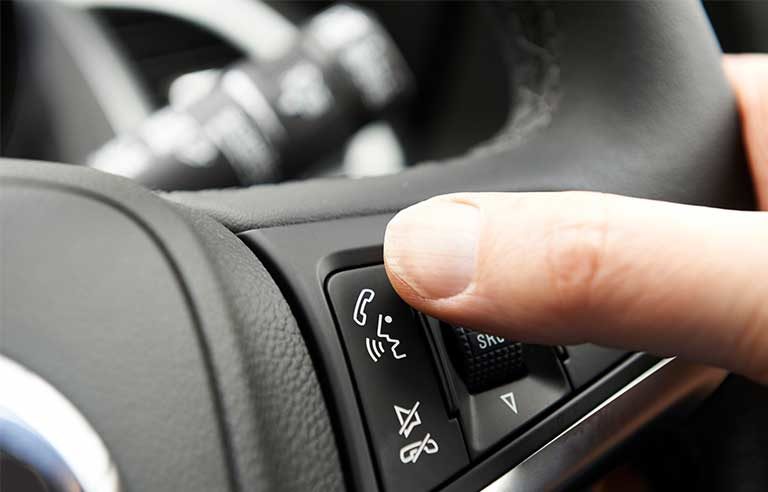Survey shows a third of executives expect workers to answer calls while driving

Hartford, CT — A third of recently surveyed business executives expect their workers to answer or participate in work-related calls while driving – and 42% of workers say they oblige.
The results are from a pair of surveys, commissioned by insurance provider The Travelers Cos., that asked 1,000 U.S. adults and 1,000 executives about perceptions and behaviors related to distracted driving.
The workers who said they accept work calls, texts and emails while driving do so because:
- The call might be a work-related emergency (43%)
- They feel they need to always be available (39%)
- They believe ignoring a call will upset their supervisor (19%)
“This year’s findings expose a gap between people’s perception that they can drive safely while using their smartphone and the National Highway Traffic Safety Administration data, which shows a 20% increase in car crashes and fatalities since the pre-pandemic levels of 2019,” Michael Klein, executive vice president and president of personal insurance at Travelers, said in a press release. “We all play a role in helping to address this public health crisis; it’s imperative that we simply silence our phones while driving and stay focused behind the wheel.”
| Sign up for Safety+Health's free monthly email newsletters and get the news that's important to you. |
NHTSA offers guidance on avoiding driver distraction, including:
- Pull over and park your car in a safe location if you’re expecting a call/text message or need to make/send one.
- Ask a passenger to respond to calls or text messages on your behalf.
- Avoid social media use while driving.
- If necessary, activate the “do not disturb” feature on your phone, or place the device in the trunk, glove box or back seat of your vehicle until you reach your destination.
- Speak up when seeing someone using a phone while driving; 87% of the survey respondents said they’d be more likely to end a call if a passenger said something.
Post a comment to this article
Safety+Health welcomes comments that promote respectful dialogue. Please stay on topic. Comments that contain personal attacks, profanity or abusive language – or those aggressively promoting products or services – will be removed. We reserve the right to determine which comments violate our comment policy. (Anonymous comments are welcome; merely skip the “name” field in the comment box. An email address is required but will not be included with your comment.)

